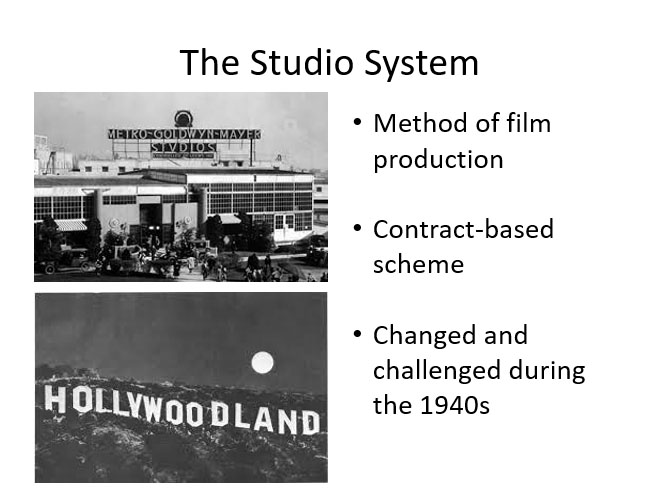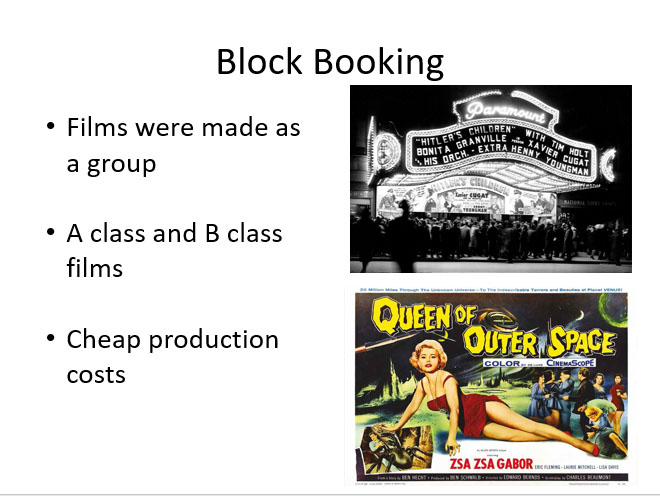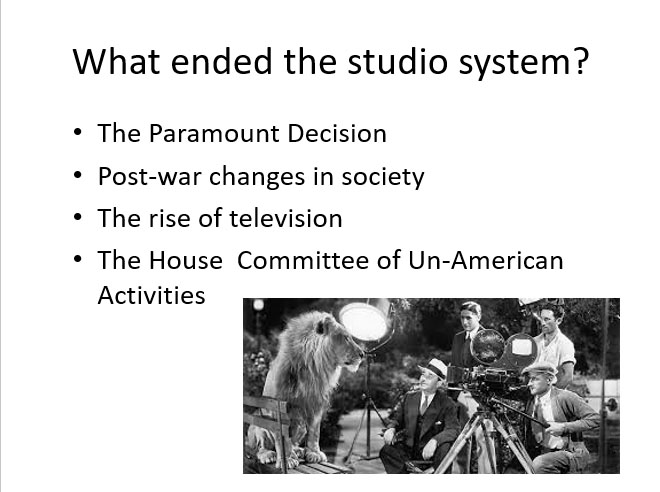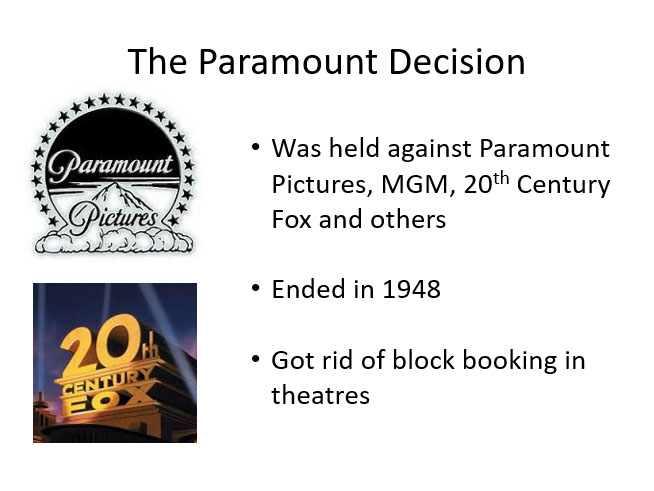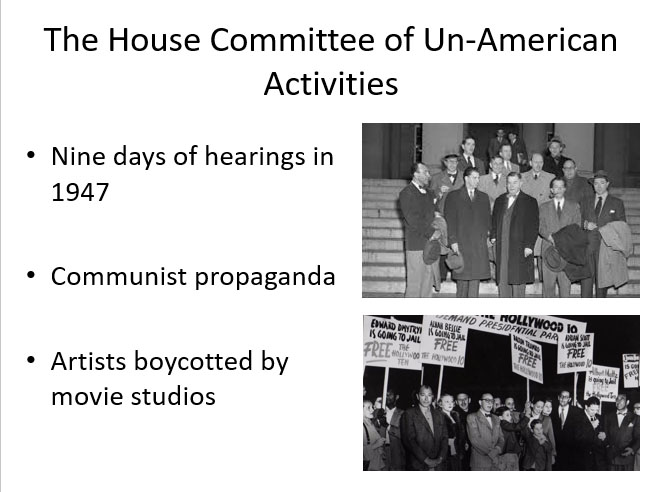The Studio System
The Studio System was a method of film production used by major Hollywood studios from the 1920s to the end of the 1940s. It was a contract based scheme, so the same people would be employed for movies, rather than finding new people based on talent. During the 1940s, the studio system was changed due to a number of reasons, and a court case was brought up against it, called the Paramount Decision. This, among other reasons, made the studio system come to an end.
Block Booking
Block Booking was a technique that supported the Studio System and helped it to earn millions of dollars. It was when films would be made in a group, usually a bundle of five, and sold to a theatre together so all five would be shown. Film companies owned specific theatres, so only movies shown by that company would be shown there. These movies would typically be one high quality film, an A class film and then a few B class movies. This meant that movie companies could spent little money of producing cheap, B class movies, but still make lots of profit on them as theatres has to show them because of the block booking.
What Ended The Studio System?
There are four main factors that brought around the end of the Studio System. One of these was the Paramount Decision, which reduced the number of films that were being produced. Also, post-war changes in society meant that people didn’t want to see the same sort of films as before, forcing the studios to change. The rise of television meant that less people were going to the cinema or theatres, and the House Committee of Un-American Activities blacklisted many companies and artists in the film industry.
The Paramount Decision
The Paramount Decision was a turning point for movie studios, and it was partly responsible for the end of the old Hollywood Studio System. It was a case in the US Supreme Court that was held against the major movie studios of the time, with Paramount as the main defendant. Other studios involved were MGM, Warner Bros, 20th Century Fox, RKO Pictures, Universal Studios, Columbia Pictures and United Artists. The movie studios were accused of violating the antitrust laws when the distributed their films. When the case ended in 1948, the verdict was against the movie studios, which forced them to get rid of their theatre chains. They were also forbidden to block book movies, or to sell them to theatres without giving the managers a screening first. This was a major factor causing the end of the Studio System.
The House Committee of Un-American Activities
The House Committe of Un-American Activities held nine days of hearings in 1947 about the Hollywood movie industry, claiming that they were producing communist propaganda. Ten individuals were blacklisted after they refused to answer questions in front of the committee. These people became known as ‘The Hollywood Ten’. They went on to blacklist many others, and more than 300 people were boycotted by studios due to their connections with communist propaganda. Only around 10% of these people could rebuild their careers after this, which led to a dramatic decline in the number of moves that were created during this time.

